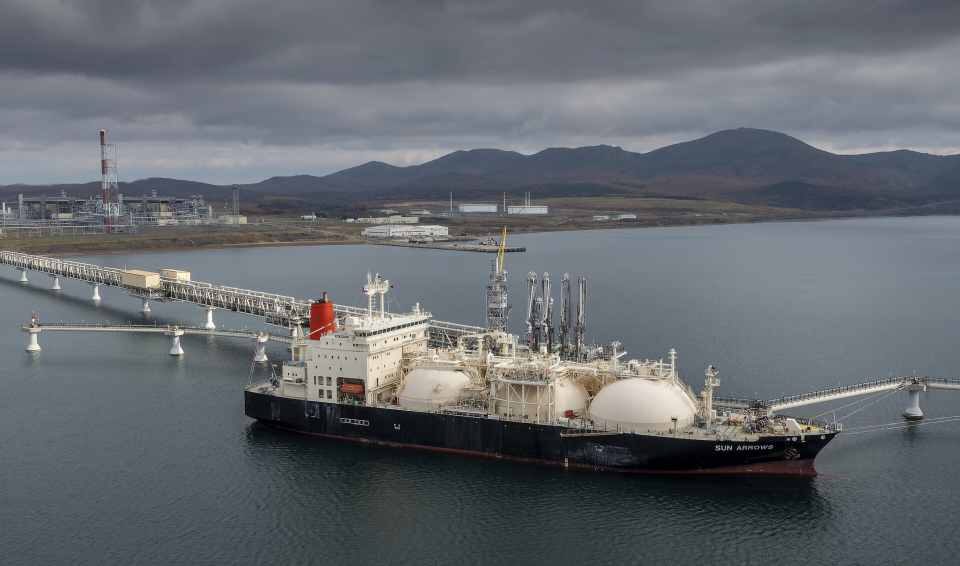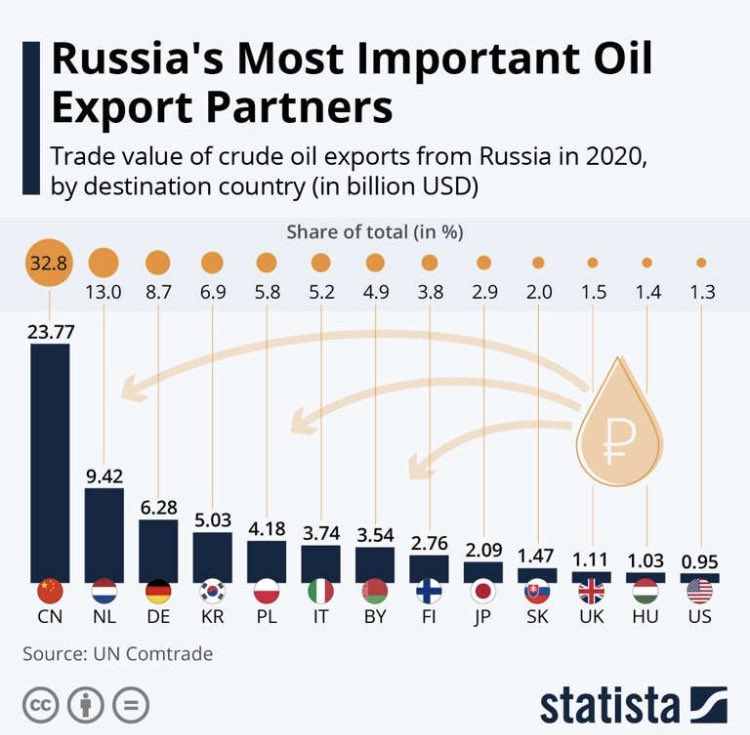The U.S. to ban Russian oil imports, which only accounts for 1.3% of Russia’s total oil exports

As war rages on between Russia and Ukraine, the United States and its allies imposed economic sanctions on Russia. It was the most stringent sanctions ever imposed on any country since the US sanctioned Iran in November 1979 after Americans were taken hostages in Iran.
But many think the current sanctions on Russia did not go far enough. There are now increasing calls for the United States to impose additional sanctions on Russia’s energy. In confirmation of speculation over the weekend that the US is now ready to ban Russian oil imports, Bloomberg reported moments ago that the Biden administration is set to impose a ban on U.S. imports of Russian energy as soon as Tuesday without the support from its European allies.
According to Bloomberg, citing two sources familiar with the matter, the ban will include Russian oil, liquefied natural gas, and coal. The sources told Bloomberg that the decision was made in consultation with European allies, who rely more heavily than the U.S. on Russian energy. In other words, the allies agreed to disagree on how important Russian oil is to them.
However, the ban may not achieve its intended aim as the U.S. only represents 1.35% of Russia’s total exports, according to data from Statista.

According to another data from EIA, Russian oil made up about 3% of all the crude shipments that arrived in the U.S. last year. During the same period, Russia’s energy export to China has also increased as the U.S. policy continues to push Russia to China, which in the end may accelerate the formation of what policy experts called the new Eurasia empire.
In total, imports of Russian oil and petroleum products represented about 8% of the U.S. total, according to the intelligence firm Kpler. Considering that the U.S. is not willing to open up the KeyStone pipeline for the flow of oil from Canada to the US, Americans should be ready to pay more for gas at the pumps. The average of gas has surpassed $4 per gallon since the war started more than ten days ago.

